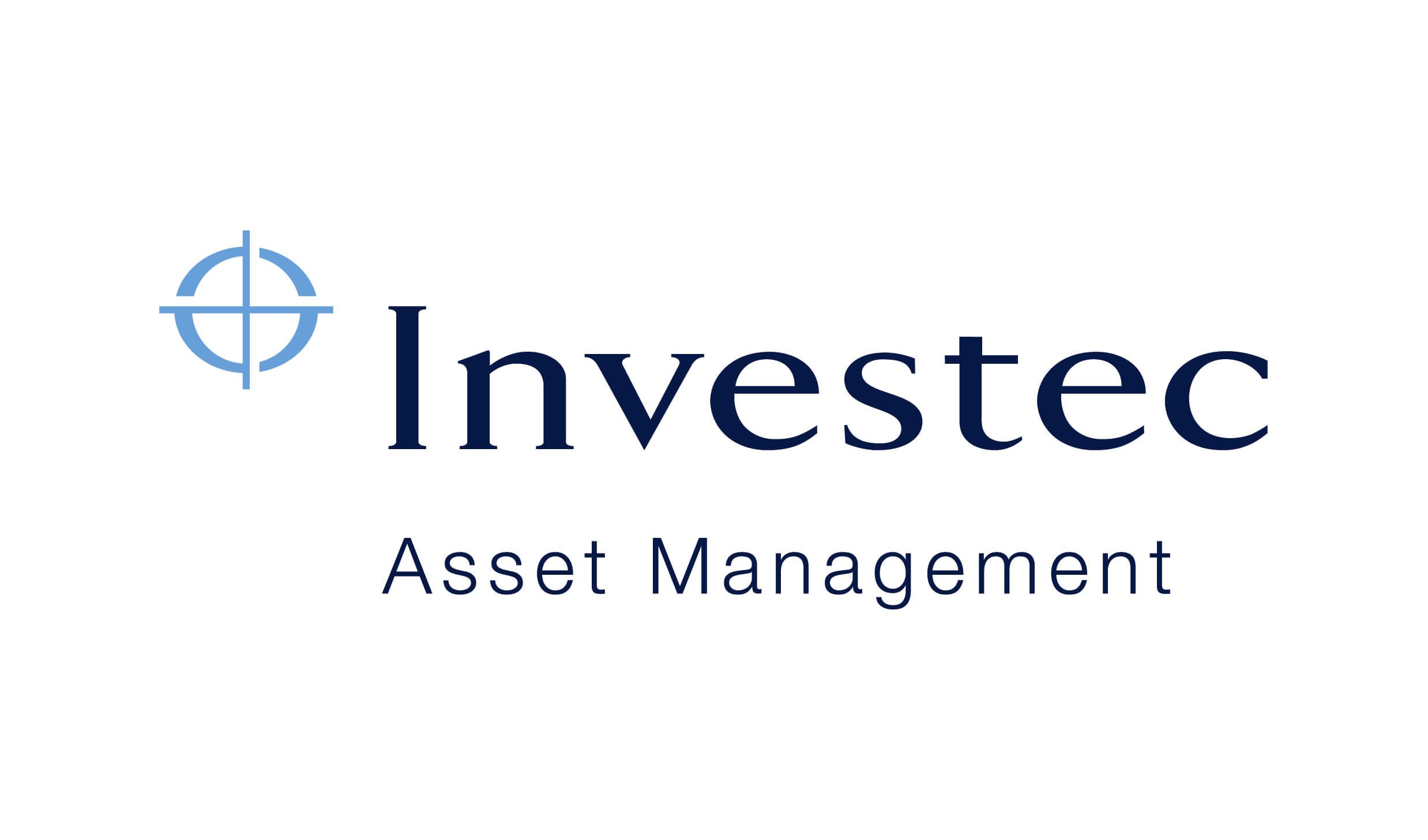To ensure long-term financial success and stability, a solid financial strategy is essential. With this, you can manage your finances, seize opportunities, and rise above any challenges. Here is a list of the seven essential elements of a winning financial strategy to help you with your financial planning.
Regular Review and Adjustment
Similar to client lifecycle management, a financial strategy needs to be reviewed and adjusted regularly to stay effective.
Everybody’s circumstances, the economy, and personal goals are bound to change. Regular reviews that occur at the end of each quarter can help your financial plan stay on track.
Compare the success of your assets with your goals and analyze their performance throughout these assessments.
It’s possible to make well-informed modifications when you’re aware of the differences between expected and actual performance.
Maintaining client connections over time is an iterative process that fits in well with the ongoing review adoption and modification of financial plans.
Clear Financial Goals
Attainable financial goals are essential components of a successful financial strategy. These goals provide direction as well as act as a progress indicator.
Outlining your financial goals to set priorities for spending and saving as well as provide direction and influence your actions.
They also enable the tracking of progress and celebration of achievements, which plays a big role in uplifting morale.
Whether you’re saving for retirement, purchasing a home, sending your kids to college, or planning a trip overseas, success demands a good financial strategy.
Budgeting and Expense Management
Budgeting is a crucial financial planning skill that helps with effective income and expense management.
It involves recording all expenses, classifying them into travel, entertainment, food, and lodging categories, and setting spending limits based on goals and income.
Maintaining financial discipline requires regular observation and adjustment.
Budgeting is more than establishing spending amounts. It also involves making thoughtful financial choices and allocating resources to important goals like retirement savings, investments in personal development, and recreational activities.
A well-planned budget makes it easier to avoid debt and build an emergency fund.
Keeping a monthly expense journal helps identify and eliminate wasteful spending, freeing up more money for savings and investing.
Investment Diversification
Diversity is essential for risk management and long-term financial success.
A diversified portfolio reduces the impact of an investment that’s underperforming by spreading risk over many asset types.
Since stocks have a larger risk and a higher potential return, they are suitable for long-term growth.
Bonds on the other hand provide regular income at a lower risk, making them an excellent option to protect investments and provide steady returns.
Real estate may be used as an inflation hedge in addition to appreciating and producing income.
Mutual funds and exchange-traded funds (ETFs) provide a balanced approach to investing by enabling investors to acquire a portfolio of stocks, bonds, and other assets with a single transaction.
Diversification also evens out the portfolio’s overall performance by facilitating the use of economic cycles. In the end, variety helps achieve a balanced risk-reward profile and is an essential part of smart investing.
Emergency Fund and Insurance
An emergency fund and the appropriate insurance are essential components of any successful financial strategy. They act as a safety net for unanticipated expenses and help maintain financial stability.
There are different types of insurance. Property insurance protects houses and cars, health insurance covers medical expenses, and life insurance provides financial assistance for dependents.
Insurance protects against large-scale financial losses, but an emergency fund can make sure that unanticipated difficulties don’t derail your long-term objectives.
A good amount of property, health, and life insurance ensures stability and financial security for reaching a successful financial strategy.
Debt Management Strategies
Managing debt is essential to reaching financial goals and maintaining financial stability. For money to be available for savings and investments, debt must be paid down.
High-interest debt is the most expensive type and may be carefully controlled with a repayment schedule such as the snowball or avalanche approaches.
Limiting one’s use of credit cards and loans can help avoid accruing additional debt. If debt becomes out of control, expert guidance from a credit counselor or financial advisor can provide support.
Debt reduction and elimination are essential when it comes to increasing revenue for beneficial uses. A strict payback plan will keep you motivated and focused, and prioritizing high-interest debt will reduce your borrowing costs.
Finally, professional advice offers ideas and strategies for handling debt and getting back on track financially. Trained professionals will do their best to guide you in the right direction.
Conclusion
A successful financial plan must have many key components that ensure the growth and stability of the financial system.
It must include regular assessment and amendment, clearly stated financial goals, efficient budgeting, investment diversification, upholding insurance and an emergency fund, and employing debt management techniques.
This ensures that you take a proactive approach to meet your financial objectives and safeguard your financial future.

























